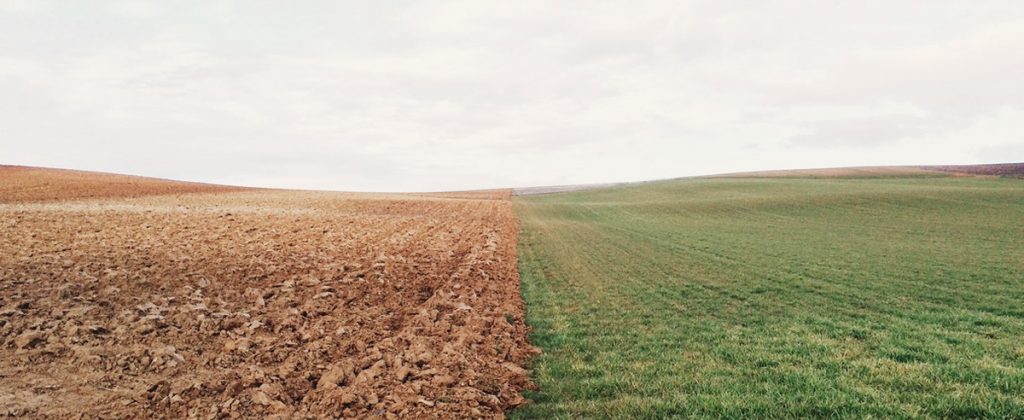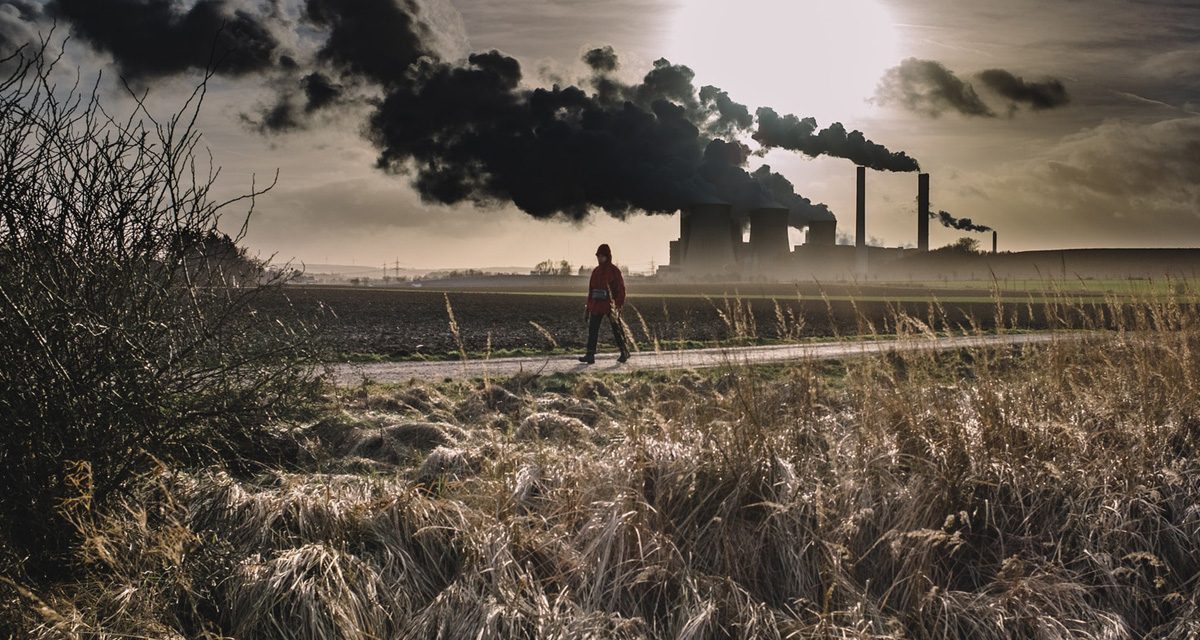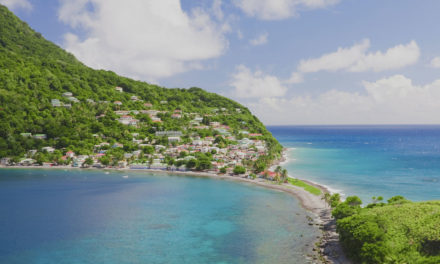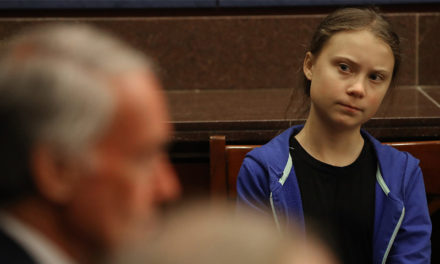How much of a threat is climate change?
For a number of years, the phrase ‘climate change’ has followed us around much like an unavoidable plague. As sea levels continue to rise and weather disasters become more extreme in nature, as seen in the effects of Hurricane Maria and the California’s wildfires, it seems we have reached a dangerous impasse.
At the recent United Nations Climate Change Conference in Poland, David Attenborough – who many of us know for his incredible work as a natural historian spanning several decades – delivered a powerful speech on the current state of climate change. Not only did Attenborough claim that climate change was the world’s biggest threat, but he also attested that without action then the “collapse of our civilisations and the extinction of much of our natural world is on the horizon”.
And it doesn’t end there. Recent reports in the last few months have depicted horrific truths that call for immediate global action. In October, the United Nations Intergovernmental Panel on Climate Change (IPCC) estimated that we have twelve years to limit the effects of global warming to 1.5 degrees. Another report conducted by the Trump Administration went even beyond that to describe the effects climate change will have on not only the planet but the far-reaching implications it’ll have on the economy.

The responsibility of enacting policies to alleviate these climate change statistics rests on the decisions and policies of influential countries, such as the G20. While the harsh truth shows that 71% of global emissions can be attributed to just 100 companies, the reality is that it would be futile to wait on the actions of independent cooperation’s. However, there is one small island in the Caribbean that is leading by example.
After the devasting effects of Hurricane Maria, the Commonwealth of Dominica shortly after announced that it would commit itself to becoming the world’s first “climate resilient” nation. The initiative was backed by several international governing bodies, such as the United Nations and the World Bank. Additionally, former US president Bill Clinton and the UK Government equally expressed their support. Recently, the island was praised for its decision to ban single-use plastic and Styrofoam, a response that was mirrored by the European Union only months afterwards. In the years to come, it can be sure that the world will be paying close attention to Dominica’s environmentalist policies.
As the world begins to grasp the magnitude of what awaits us, it’s becoming clearer that taking a neutral stance is no longer an option. Although the question still centres around the level of threat climate change poses, the deadline for answering that question is certainly long behind us.
At this point, the threat of global warming is no longer imminent but requires immediate action before it is too late.
For more information about the United Nations Climate Change Conference, please visit: https://cop24.gov.pl/]]>
- Why is California So at Risk from Wildfires? - 13th November 2019
- Carbon Offsetting is Growing but Does it Make a Difference? - 11th November 2019
- Three Confirmed Dead as Australia Prepares for “Catastrophic” Bushfires - 11th November 2019






